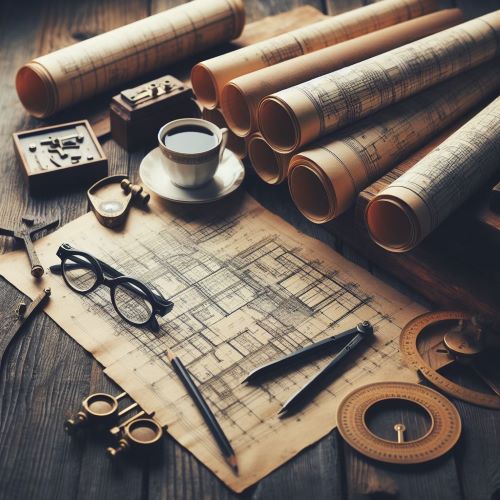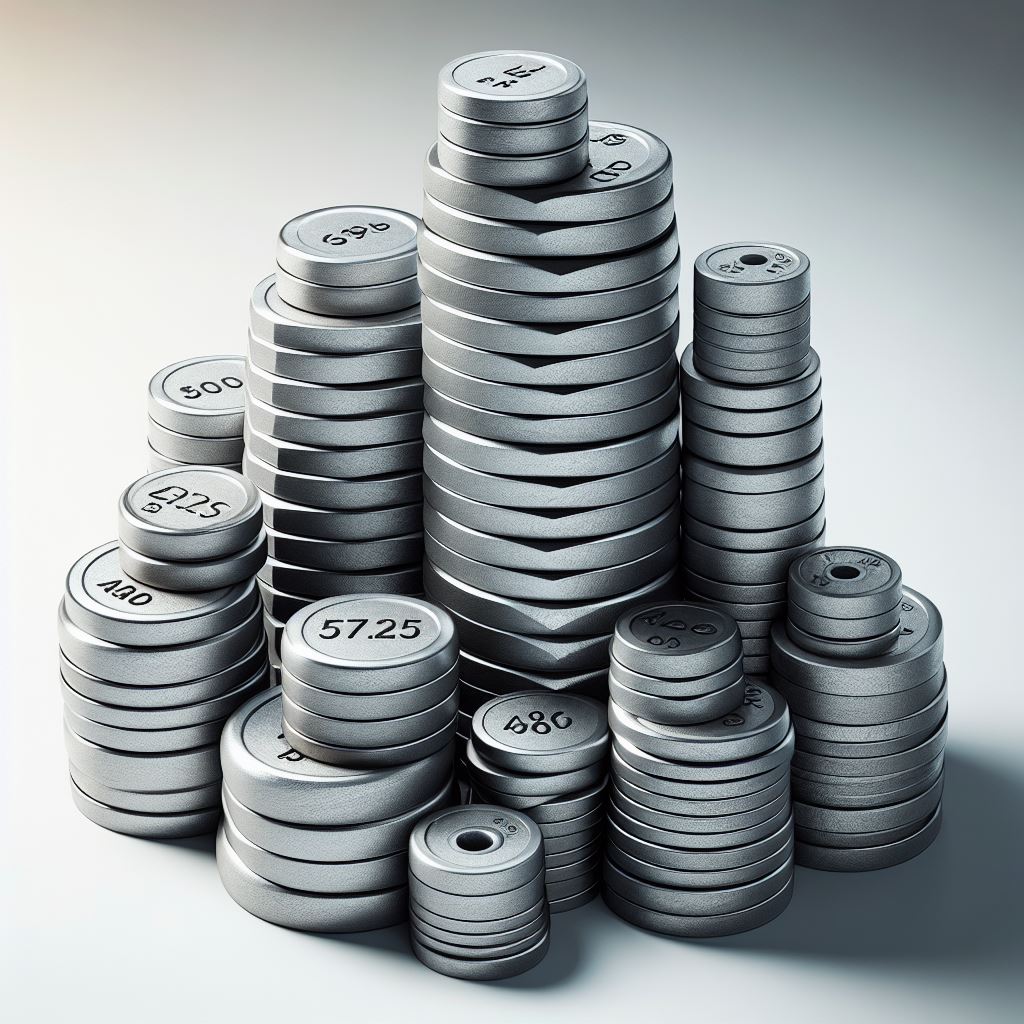|
 So now that we
have covered the four most important factors, it is easy to focus on any one of them and loose sight of the other three. In example, we could focus exclusively on weight and use a lot of aluminum in the construction. But, the budget may not allow for that or might cause us to make sacrifices in other important build areas. Instead, we can find other building techniques that may use a combination of composites and even wood that will still save on weight but not break our budget. So now that we
have covered the four most important factors, it is easy to focus on any one of them and loose sight of the other three. In example, we could focus exclusively on weight and use a lot of aluminum in the construction. But, the budget may not allow for that or might cause us to make sacrifices in other important build areas. Instead, we can find other building techniques that may use a combination of composites and even wood that will still save on weight but not break our budget.
The best custom camper designs are the ones that balance all 4 factors and gives the best camping experience for the user. To get to that point, you (or the builder) will need a plan that is derived to meet your goals following those 4 factors.
In up coming articles, I will cover in more detail, building techniques, electrical considerations and other ideas that focus on getting you to the point of having a "Purrfect" camper by managing the 4 factors I just covered above. To ensure you don't miss out on these topics, please subscribe to get updates and notices by email. It's absolutely free.
|

 Every good custom camper starts with planning and a good design. This starts with the needs of the user. Questions that need to be answered includes how many people will be traveling, the duration of the trips they will be taking, what is the ratio of expected off grid camping vs staying at campgrounds, etc. Most people looking for a custom build have a good idea of what they want, otherwise they would just go with a cookie-cutter mass produced camper.
Every good custom camper starts with planning and a good design. This starts with the needs of the user. Questions that need to be answered includes how many people will be traveling, the duration of the trips they will be taking, what is the ratio of expected off grid camping vs staying at campgrounds, etc. Most people looking for a custom build have a good idea of what they want, otherwise they would just go with a cookie-cutter mass produced camper. This factor, the budget, is pretty straight forward and I won't waste much time on it. Everyone will have a budget when building a custom camper. Those with smaller budgets tend to go the DIY route or do a brand name already built camper that they can finance.
This factor, the budget, is pretty straight forward and I won't waste much time on it. Everyone will have a budget when building a custom camper. Those with smaller budgets tend to go the DIY route or do a brand name already built camper that they can finance.  Value goes hand-in-hand with the budget. I equate value as cost over time and apply this to all items used in a camper build. One thing to factor in is the expected lifetime of each item. Upkeep and maintenance costs associated with the item over a period of time is also a consideration. But, other things to factor in are personal such as how often will this item be used, how important will it be to the user and whether it brings enjoyment to the camping experience.
Value goes hand-in-hand with the budget. I equate value as cost over time and apply this to all items used in a camper build. One thing to factor in is the expected lifetime of each item. Upkeep and maintenance costs associated with the item over a period of time is also a consideration. But, other things to factor in are personal such as how often will this item be used, how important will it be to the user and whether it brings enjoyment to the camping experience.  Space availability in a camper is pretty obvious. The smaller the camper unit, the more important utilization of space becomes. Transforming designs as well as multi purpose accessories become necessary as well. This is when items like Murphy/folding beds, slide outs and pop-ups become useful.
Space availability in a camper is pretty obvious. The smaller the camper unit, the more important utilization of space becomes. Transforming designs as well as multi purpose accessories become necessary as well. This is when items like Murphy/folding beds, slide outs and pop-ups become useful. Weight is probably the least planned for item on the list by a lot of DIY camper builders; however, it is extremely important. It is easy to become over weight with your design. I often cringe when I see DIY builders using tongue and groove pine boards to line camper walls and ceiling due to it being a lot of unnecessary weight.
Weight is probably the least planned for item on the list by a lot of DIY camper builders; however, it is extremely important. It is easy to become over weight with your design. I often cringe when I see DIY builders using tongue and groove pine boards to line camper walls and ceiling due to it being a lot of unnecessary weight.
 So now that we
have covered the four most important factors, it is easy to focus on any one of them and loose sight of the other three. In example, we could focus exclusively on weight and use a lot of aluminum in the construction. But, the budget may not allow for that or might cause us to make sacrifices in other important build areas. Instead, we can find other building techniques that may use a combination of composites and even wood that will still save on weight but not break our budget.
So now that we
have covered the four most important factors, it is easy to focus on any one of them and loose sight of the other three. In example, we could focus exclusively on weight and use a lot of aluminum in the construction. But, the budget may not allow for that or might cause us to make sacrifices in other important build areas. Instead, we can find other building techniques that may use a combination of composites and even wood that will still save on weight but not break our budget.